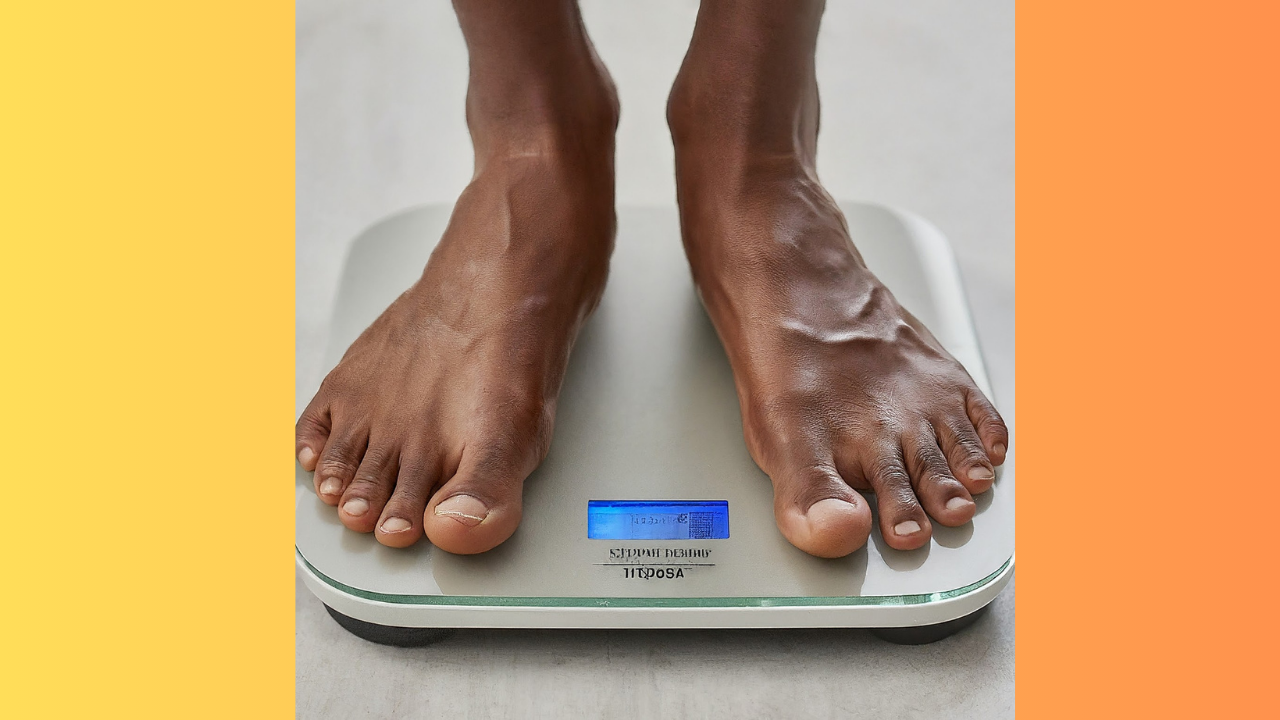
Are you on a fitness journey or just trying to stay on top of your health? If so, investing in a digital body fat scale might be one of the best decisions you make. Unlike traditional scales that only measure your weight, a body fat scale provides a deeper insight into your overall health by measuring your body composition, including your body fat percentage, muscle mass, water weight, and more.
In this comprehensive guide, we’ll explore everything you need to know about digital body fat scales. We’ll cover how they work, their benefits, how to choose the right one, and some of the best models available on the market today.
A digital body fat scale is a smart device designed to measure various aspects of your body composition, not just your weight. While standard scales provide a number (your weight), body fat scales go a step further by breaking down your body composition into several metrics.
Most digital body fat scales use a technology called Bioelectrical Impedance Analysis (BIA). This technology sends a small, harmless electrical signal through your body. The signal passes through your body’s tissues and the scale measures the resistance it encounters. Fat tissue has higher resistance compared to muscle, which allows the scale to estimate the percentage of body fat.
A digital body fat scale provides more than just your weight; it gives a detailed breakdown of your body composition. This is crucial for anyone looking to lose fat, gain muscle, or maintain a healthy lifestyle.
These scales often come with apps that sync your data, allowing you to track changes over time. Seeing trends can be motivating and help you adjust your diet and exercise routines.
Whether you aim to reduce your body fat percentage, increase muscle mass, or maintain a healthy weight, a body fat scale can help you set specific, measurable goals and track your progress.
Understanding your body composition can help you tailor your fitness and diet plans to achieve optimal results. For example, if you notice you’re losing muscle mass while trying to lose weight, you can adjust your routine to include more strength training.
Choosing the right body fat scale can be overwhelming with so many options on the market. Here are some factors to consider when making your decision:
While no home scale is 100% accurate, some are more reliable than others. Look for scales that use advanced BIA technology and have good reviews on accuracy.
Many digital body fat scales come with Bluetooth or Wi-Fi connectivity, allowing them to sync with apps on your smartphone. This feature is handy for tracking your data over time and integrating it with other health apps.
Different scales offer different metrics. Some provide a comprehensive breakdown, including body fat percentage, muscle mass, water weight, and more. Choose a scale that provides the metrics most important to you.
If multiple people will use the scale, look for one that supports multiple user profiles. This feature allows each person to track their data separately.
Ensure the scale you choose can support the weight of all users. Most scales have a maximum weight limit, and it’s important to select one that meets your needs.
Digital body fat scales range in price from $30 to over $150. Higher-priced models typically offer more features and better accuracy, but you can find reliable options at all price points.
Consider the design and build quality of the scale. Look for a sturdy model with a clear display and an easy-to-clean surface.
Leveling up your health journey involves understanding your body composition. A digital body fat scale can be a valuable tool in this process. By carefully considering factors like accuracy, features, and budget, you can select a scale that aligns with your specific needs and goals.
Remember: Consistent use and tracking your progress over time will provide valuable insights into your fitness journey. So, take the first step towards a healthier you and invest in a body fat scale today.
Best Fitness Trackers to Crush Your Fitness Goals.
Expert-Proven Tips for Fast Weight Loss and Lasting Results.
“Unveiling Nagano Tonic: A Refreshing Taste Adventure You’ll Love”
Twist-a-Step: Your New Favorite Home Workout
Best Folding Treadmills for Small Spaces and Home Workouts.
“Java Burn: A Breakthrough Like No Other.
Struggling with Weight Loss? Unlock Your Success Today!
Transform Your Body in 5 Weeks with These Easy Exercises.